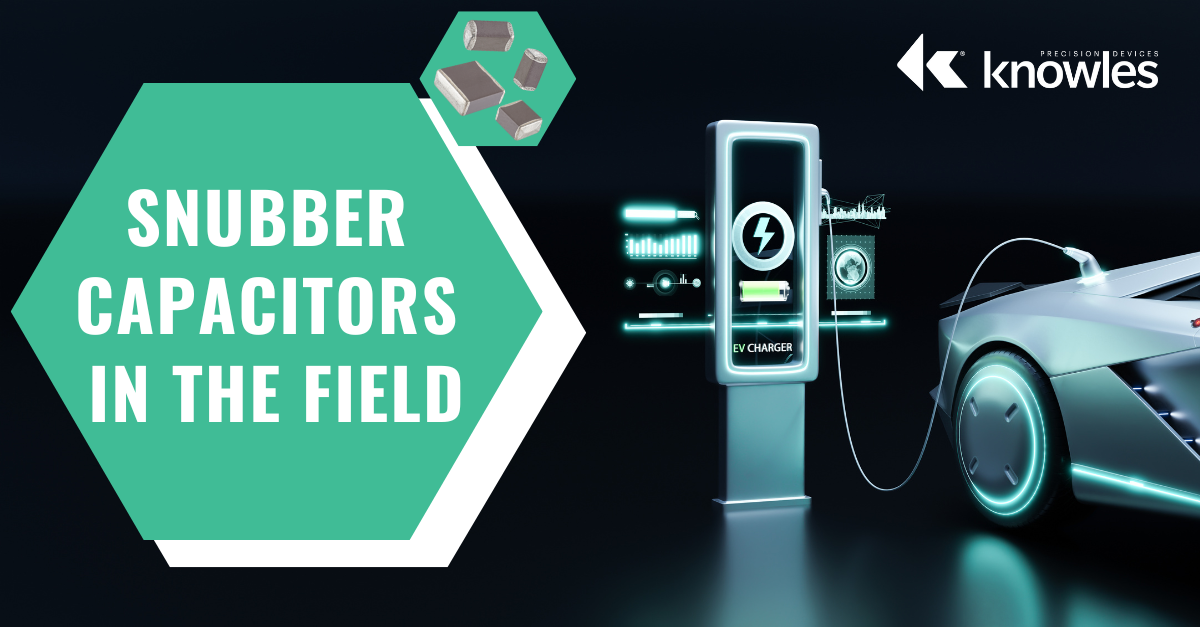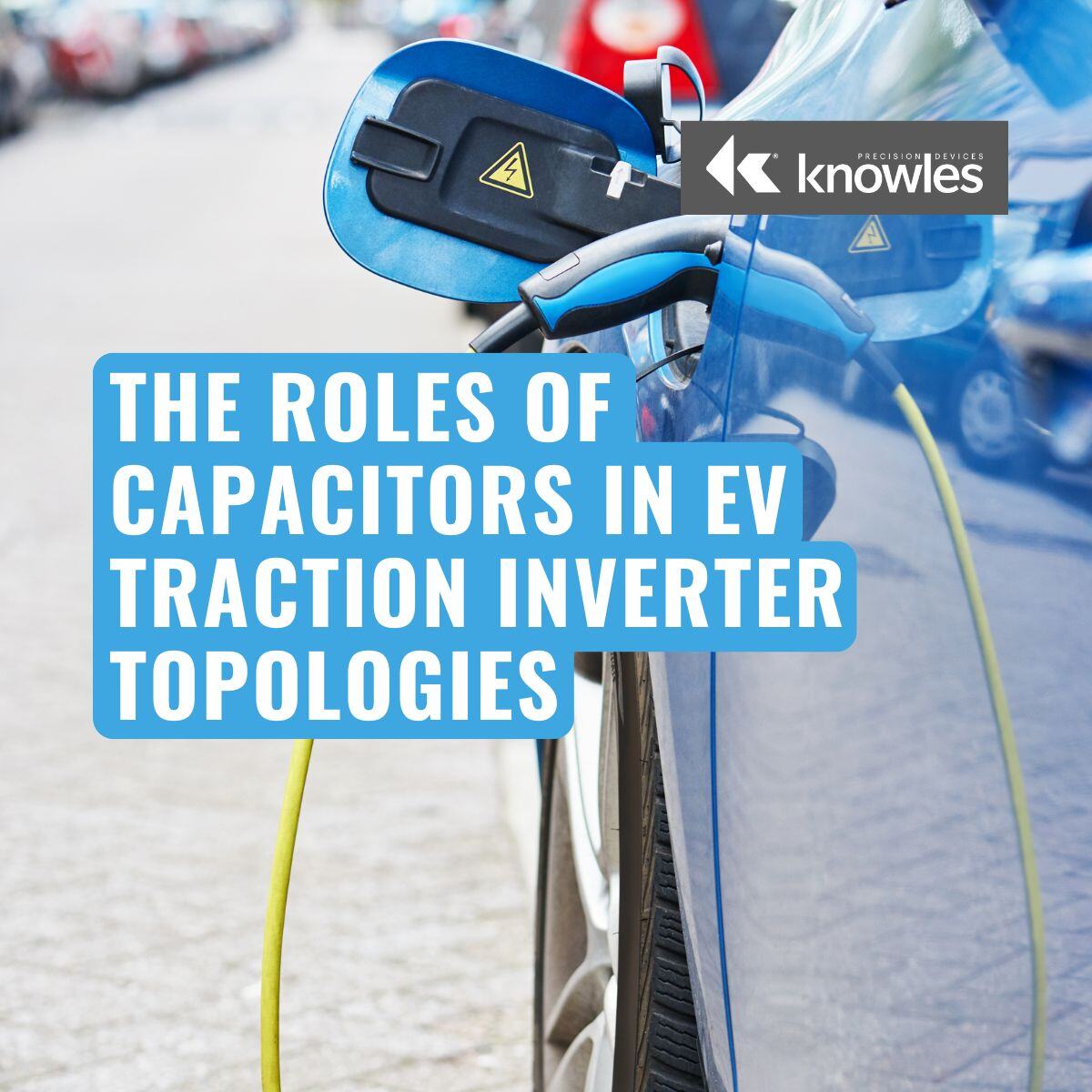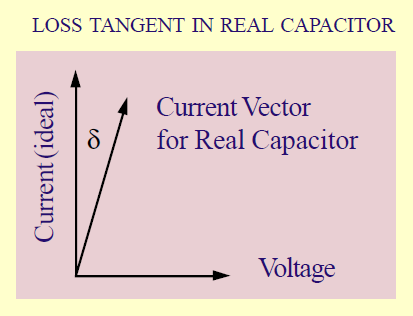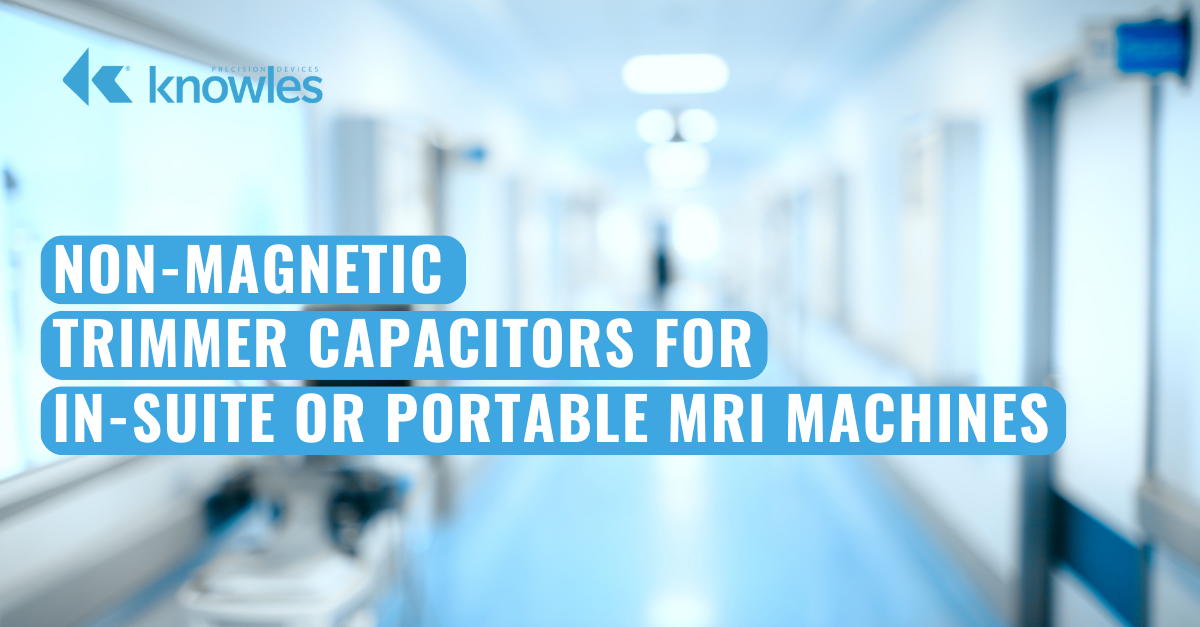To help PCBs and other physically connected components survive vibration, board bending, thermal mismatching, and stress during thermal cycling, Knowles Precision Devices has launched a range of leaded standoff components, Metal Frame J-Lead Terminal MLCCs, that are qualified to AEC-Q200. AEC-Q200 is the global standard for stress resistance in passive electronic components in automotive applications.
AEC-Q200 Leaded Standoff MLCC for Automotive Applications
Topics: Capacitor
Given that snubber capacitors address the negative impacts of switching, it’s no surprise that they’re most commonly found in switching power supplies. These systems face major challenges from switching, including:
- Switching transients
- Parasitic elements
- High-frequency noise
Topics: Capacitor
Understanding the Critical Roles of Specialty Capacitors in Power Electronics
Capacitors serve many crucial functions in power electronic circuits. Their ability to store electric charge makes them essential components for regulating and smoothing power flow.
Many of these capacitors are standard fare, but a few play highly specialized, functional roles. To meet application-specific demands, these capacitors must be selected carefully based on function, size, and interoperability.
Topics: Capacitor
Today’s RF Power Applications Require Understanding Equivalent Series Resistance & Q Factor
As a fundamental component of circuit design, equivalent series resistance (ESR) is the measurement of all the non-ideal electrical resistances in series with a capacitor. When current flows through a multilayer ceramic capacitor (MLCC) due to application of alternating voltage, heat is generated in the MLCC due to the losses, specifically ESR. As a result, this self-heating can cause various performance and reliability issues in the circuits of today’s more complex and smaller electronic systems.
Topics: Capacitor, Automotive, Electric Vehicles
The Roles of Capacitors in EV Traction Inverter Topologies
The power electronic systems in an electric vehicle (EV) feature a wide variety of capacitors. From DC-link capacitors to safety capacitors and snubber capacitors, these components play a critical role in stabilizing and safeguarding the electronics from factors like voltage spikes and electromagnetic interference (EMI). Here, we’ll focus on the capacitors used in the EV traction inverter.
Topics: Capacitor, Electric Vehicles
Resonant Wireless Power Transfer in Implantable Medical Devices
With the rising prevalence of cardiovascular, orthopedic, and other chronic conditions, and an increase in the number of patients needing care, the demand for implantable medical devices continues to increase.
Capacitor Fundamentals: Part 14 – Useful Formulas and Calculations for Capacitors
Welcome to the Capacitor Fundamentals Series, where we teach you about the ins and outs of chips capacitors – their properties, product classifications, test standards, and use cases – in order to help you make informed decisions about the right capacitors for your specific applications. After describing soldering for capacitors in our previous article, let’s discuss common formulas and calculations for capacitors.
Topics: Capacitor
Capacitor Fundamentals: Part 13 – Soldering for Chip Capacitors
Welcome to the Capacitor Fundamentals Series, where we teach you about the ins and outs of chips capacitors – their properties, product classifications, test standards, and use cases – in order to help you make informed decisions about the right capacitors for your specific applications. After describing visual standards for chip capacitors in our previous article, let’s discuss chip attachment and termination guidelines.
Topics: Capacitor
Non-Magnetic Trimmer Capacitors for In-Suite or Portable MRI Machines
MRI systems are so robust and require so much infrastructure that they need their own dedicated room—until recently.
A portable magnetic resonance imaging (MRI) system, or point of care (POC) MRI machine, is a compact, traveling device that’s designed for patient imaging outside of the traditional MRI suite (e.g., emergency rooms, ambulances, rural clinics, field hospitals, etc.)
How Gallium Nitride (GaN) Semiconductors in Defense Power Supplies Affect Capacitor Selection
Defense applications tend to operate at high voltages and wide temperature ranges. They require components with increased efficiency, reduced size, and high power density. Because a wideband gap (WBG) semiconductor embodies these characteristics, defense and aerospace systems are increasingly using Gallium Nitride (GaN) for power conversion.
Topics: Capacitor, Military and Aerospace, High Reliability

.png)








